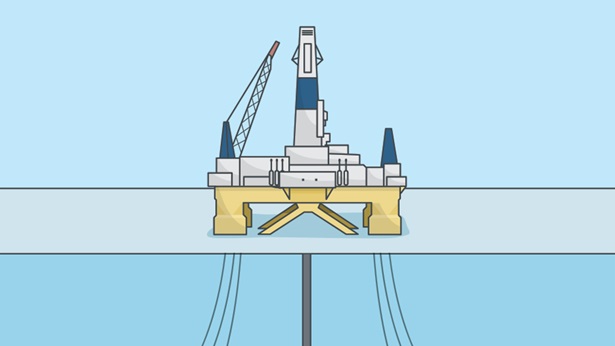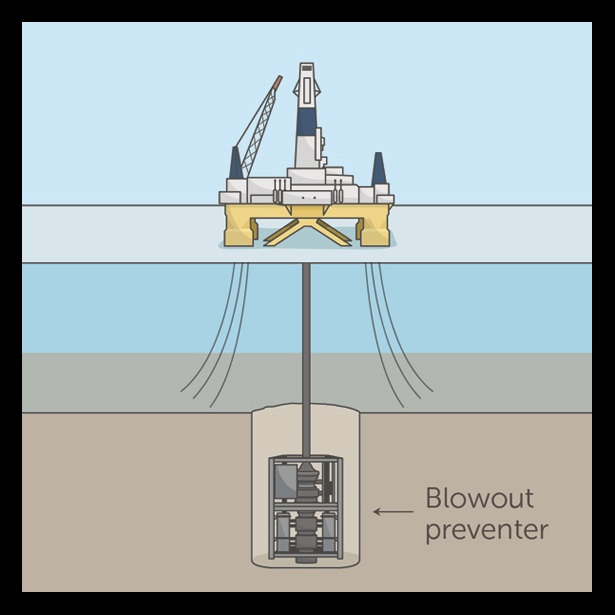Pew: New Offshore Drilling Standards Help Protect U.S. Arctic Ocean
Washington—The U.S. Department of the Interior today released Arctic-specific regulations to help ensure safe and responsible offshore energy exploration that better protects people and wildlife.
Eleanor Huffines, senior officer for The Pew Charitable Trusts’ Arctic Ocean-U.S. project, issued the following statement:
“We applaud the Obama administration’s Arctic-specific standards for offshore energy exploration in one of the world’s most challenging environments. These new regulations constitute an important first step toward preventing oil spills by providing consistent requirements for the planning and use of oil and gas exploration equipment that can withstand the challenges of the Arctic. Mandating that capping stacks, second rigs, and containment systems be located near drilling operations will help ensure that if an accident should occur, the capability exists to respond quickly using the best available technology and practices.
“These world-class standards are the first of their kind for the U.S. Beaufort and Chukchi seas. Previous regulations were primarily developed for temperate regions, such as the Gulf of Mexico, without factoring in the distinct challenges of offshore drilling in the U.S. Arctic Ocean, where high seas, wind, freezing temperatures, dense fog, and floating ice hazards are the norm.
“In addition, infrastructure widely available in the lower 48—such as highways connecting communities and ports—does not exist in the Arctic, and the nearest U.S. Coast Guard air base is more than 950 air miles away. These new standards were written with these conditions in mind and will help avoid oil spills in one of the world’s richest marine ecosystems.”
###
The Pew Charitable Trusts is driven by the power of knowledge to solve today’s most challenging problems. Pew applies a rigorous, analytical approach to improve public policy, inform the public, and invigorate civic life.













